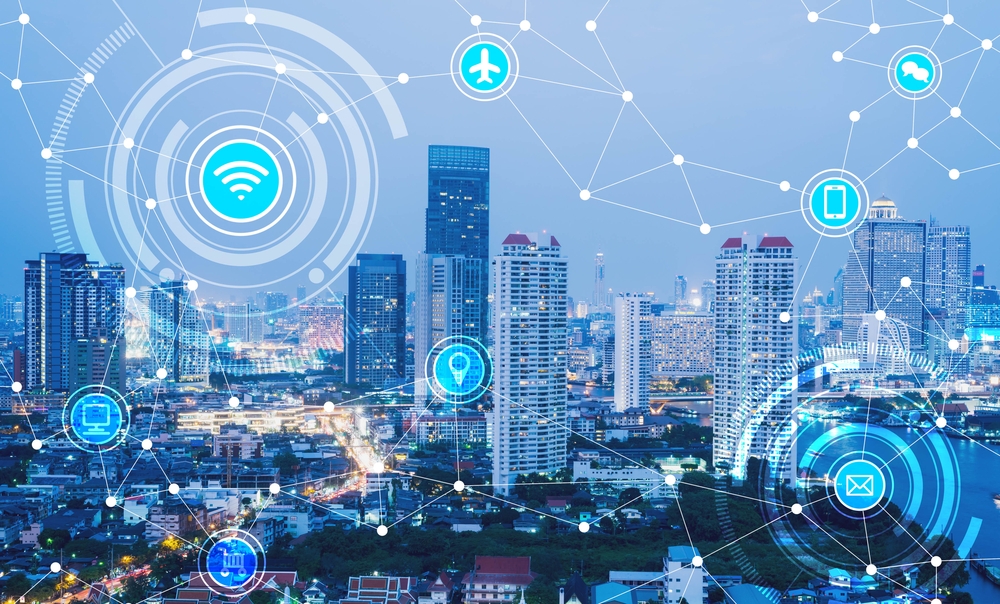Smart Cities: The Future of Urbanization and Technology

Digitization of Infrastructure and Services
A key aspect of any smart city is the digitization and integration of various urban infrastructure and services. This allows city administrators to leverage digital technologies and data to effectively manage various operations. In a smart city, utility networks like electricity, water, and waste management are digitized to enable automated meter reading and monitoring of resource consumption. Street lights, traffic signals and other public infrastructure are connected to centralized control systems for efficient management. Digital platforms help integrate various civic services related to healthcare, education, transportation and more. For example, citizens can access e-governance services like applying for licenses, paying bills and filing complaints online. Emergency response systems leverage real-time data and sensors to coordinate disaster response.
Mobility and Transportation
Modern transportation networks are foundational to Smart Cities. Integrated mobility solutions powered by technologies like GPS, IoT, and cloud computing enable more efficient movement of people and goods. Smart transportation focuses on reducing traffic congestion and travel times. Data-driven traffic management systems optimize signal timing based on real-time traffic patterns. Intelligent transport includes connected vehicles that communicate with traffic infrastructure. Multi-modal public transit is supported through integrated digital ticketing, passenger information systems and dynamic route optimization. Non-motorized mobility options such as bike-sharing find greater uptake in smart cities with coordinated infrastructure and navigation assistance. Emerging technologies like autonomous vehicles and flying taxis promise new opportunities for urban air mobility in the future.
Sustainable Energy Management
Another hallmark of smart cities is sustainable energy management through deployment of renewable sources, smart grids and energy efficiency solutions. Distributed clean energy generation deployments reduce carbon footprint and reliance on polluting fuels. Two-way digital grids supported by technologies like smart meters, energy storage and microgrids enable more effective demand response, outage management and integration of renewables. District-level cogeneration improves overall efficiency. Smart buildings automate lighting, HVAC, appliances to optimize resource consumption based on occupancy patterns. Advanced metering provides energy usage data to promote conservation among citizens. Overall, these initiatives help meet Paris Climate accords and transition to greener urban development models.
Get more insights on Smart Cities
- Industry
- Art
- Causes
- Crafts
- Dance
- Drinks
- Film
- Fitness
- Food
- Jocuri
- Gardening
- Health
- Home
- Literature
- Music
- Networking
- Alte
- Party
- Religion
- Shopping
- Sports
- Theater
- Wellness
- News


